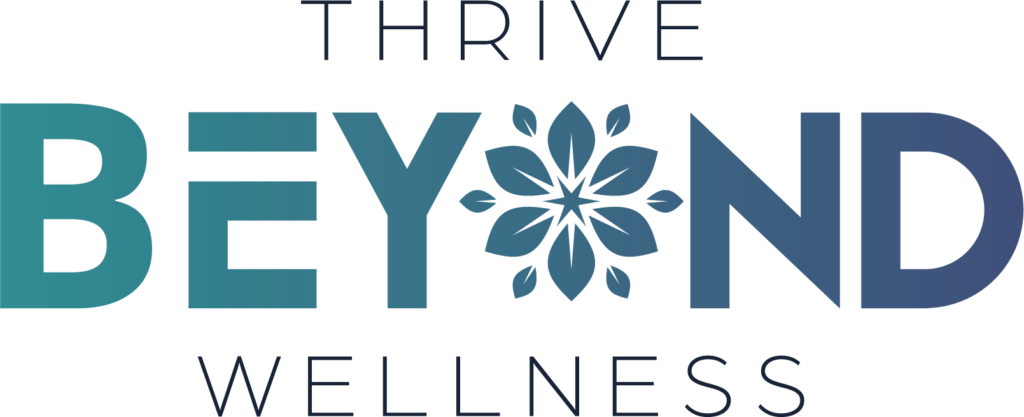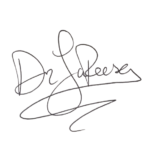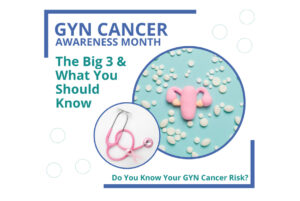
The time between a woman’s teens until her 40s is considered a woman’s reproductive age. More notably, the 30s often mark a time when many women focus on growing their family or fostering the relationships and connections with those closest to them.
If you have young children, you probably already know how hectic this decade can quickly become. Many women take on the role of ‘superwoman’ as they care for others in their family and juggle a career all at once. It’s actually quite incredible what many of us are able to achieve in this decade of life.
However, like other phases of life, the 30s come with their own set of unique health challenges. During this time, you might begin to gain weight or notice fluctuations in your mood. Or perhaps your menstrual cycle has changed. It may have become less regular, more painful, and you might, for the first time, experience PMS.
Surprisingly, this frequently can all be attributed to hormonal imbalances and often, nutrient deficiencies. And sometimes, these arise because we’re just too darn busy! Or other times, it happens because pregnancy has thrown off our body’s natural cycles and we have become a little less in-tune with where our body and our health are at.
Yet, there’s good news: The last 50 to 100 years has paved the way to increased use of technology in our daily lives. And it hasn’t only made your daily tasks or life easier. As of late, technological devices and testing can offer further insights into your health and well-being, helping you become the best version of yourself possible. When it comes to women’s health, FemTech is the new trend. So, as a 30-something year-old woman, what should you know about FemTech? How can you leverage technology to improve your health and set the stage going into the 40 plus club?
What Does FemTech Mean?
FemTech is short for ‘female technology.’ Essentially, it applies to any software, products, services, or diagnostic methods associated with women’s health. This category was created by Ida Tin, the founder of the period tracking app, Clue. And it was almost done by accident. Ida Tin used the term when presenting to her male investors. Yet, the term stuck and it opened the door for a wide variety of female technological health products and more.
Usually, this technology involves insights, diagnosis, or observations into pelvic health, menstrual health, fertility, pregnancy, pre and post pregnancy, and overall general health.
And get this: Experts estimate that the FemTech market could reach $50 billion by 2025 (1). It’s powerful and undeniably, useful when it comes to determining your own health status and making changes to optimize your body and health for the better.
Top 3 FemTech Pieces You Should Consider
Throughout a woman’s 30s, fertility rapidly declines (2). This corresponds with various changes happening in the female body, resulting in signs and symptoms that are usually less-than-desirable. It can impact how you feel, how you look, and your overall health. 
So, how can you use FemTech to provide you with insight and help you take your health and life to the next level? Below, I’ve listed 3 FemTech pieces you might want to consider in your 30s and why.
1. Menstrual Tracking Apps
The menstrual cycle offers so much insight when it comes to your health. For instance, changes in your menstrual cycle, such as frequency, fluctuations in flow, or PMS symptoms, can indicate that something more is going on (3). For instance, irregular cycles can be indicative of various metabolic issues, such as diabetes (4).
Further, stress can significantly interfere with your menstrual cycle (5). Further, nutritional deficiencies or not consuming enough food each day (which many women may do with extreme dieting) can lead to changes in your cycle. For example, high stress load with changes in job and family dynamics can spark menstrual irregularities or aggravate underlying problems. This may lead to deficiencies in magnesium, vitamin D, the B vitamins, omega-3s, and more, which are imperative for vital hormone pathway functions.
But how do you know it’s changing if you don’t track it?
This is where menstrual tracking apps come into play! And they are super simple to use. Some of them can even prompt you to update them regularly, keeping track of any symptoms or mood changes that correspond with certain times in your cycle.
All you need to do is download your preference on your cell phone. From there, it’s all about simply inputting anything you notice throughout the month. Is there a time you feel more anxious? Did you have spotting one day but not the next? Was your period late? Did you feel bloated? Did you experience any cramping? What is your sex drive like at certain points during your cycle? These can all be recorded in a period application.
Some popular ones include Clue, Flo, and Eve. These apps can also help you determine when you’re ovulating, which is important if you’re trying to get pregnant, as well as offer insights into your menstrual cycle to understand on a deeper level what is going on beneath the surface.
This information can further be passed along to your clinical provider, especially considering you often only have a set amount of time with your doctor or provider. Thus, this can help you get more bang for your buck each time (aka you’re armed and ready!). Many times, evidence in menstrual flow charts can provide key opportunities for when you work best or when you have more energy. For instance, this might be able to guide how and when you exercise or when you can take on more projects at work.
Alternatively, there are also more fertility-specific applications, such as the wearable Ava bracelet, which help you become more in-the-know regarding your fertility window.
2. Contraception Methods
Okay, here’s the other thing… When it comes to FemTech, it’s not all just about software. This broad category, as previously stated above, also includes services or products that are tailored toward helping with female health. And yes, contraception methods fall under that umbrella!
Before we dive in, I want to note that using all of these pieces together can be very beneficial. For example, when starting a new contraception method, a period tracking app can help you determine how your body is adjusting to it. If many months down the road, you’re still adjusting, it might not be the right contraception method for you. Just something to consider!
A few other questions you may want to ask include: Why do I need contraception? Is it to prevent pregnancy or suppress other symptoms? How is it impacting my body? How is birth control or hormone replacement affecting my cycle or my mood?
Contraception can be used for various reasons, such as to help with heavy and painful periods or to help with a hormonal imbalance. Yet, these shouldn’t be the full solution, which is why you’ll want to ask questions and potentially track what’s going on, as well as dive deep into your diet and lifestyle habits (more on this below with #3!).
If you’re considering contraception, it’s also a good idea to explore various options. There are a wide range of different products from the birth control pill and IUD to patches and more. Doing your research and determining which one is right for you is important before putting anything on or in your body. All in all, this is a good one to discuss with your doctor, especially if you’re experiencing severe PMS or menstrual symptoms that interfere with your daily life and you don’t plan on getting pregnant.
Further, some research has indicated that contraception methods may impact blood pressure and insulin, further impacting metabolic function and potentially, your quality of life (6). Although these impacts may be small within such studies, over time, this inevitably may have bigger consequences, such as weight gain or even a stroke (7).
All in all, you may also want to explore more natural ways to improve your health or to go about contraception. Artificial contraception should be considered and evaluated with potential benefits and downsides in mind. Further, you could also evaluate and re-evaluate these avenues every six months to a year as part of any long-term or short-term plan. This way you can plan for any downsides or lifestyle changes that may come along with them, such as weight gain, medical diagnosis, or shutting down of childbearing capabilities.
3. Activity Trackers
Alright, even I have to admit this isn’t necessarily solely a FemTech entity. Yet, the human body – female or male – is made to move! And if you aren’t moving your body enough, so much can go wrong, especially for us women. Then, if you’re moving your body too much, stuff can also go wrong (it’s almost like a double-edged sword). Excessive exercise means STRESS, and stress can seriously interfere with regular cycles and processes within the body, especially the female body, throwing off your cycle or creating fertility issues. Then, not enough exercise can lead to obesity, slow digestion, and other issues.
Wearable activity trackers can help you find that balance. There are also so many to choose from, including:
These trackers can help you determine whether you’re moving your body enough. Many of them can also help track heart rate variability, indicating stress, adaptability, and other factors.
Your Time is Now
Technology only continues to improve the insights we can gather about women’s health. Until recently, women’s and men’s bodies were studied together, rather than separately. But we now know that a woman’s body and health has various complexities, some things that men just don’t have. Yet, today, as the Future Female, you CAN harness this technology and dive deeper into your health. Thus, you have the POWER to improve your life.
If you’re curious about really digging deep into your hormonal issues, book a call with Dr. LaReesa today. Let’s work together to help you obtain optimal health.
Wellness & Epigenetics Coach, Consultant, Physician, Health Advocate, Mentor & Author.







